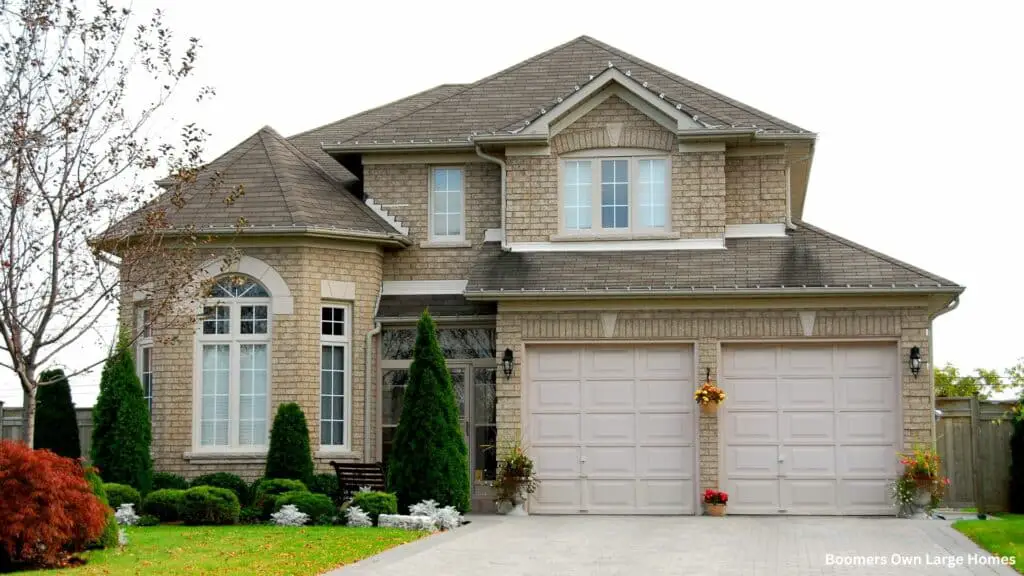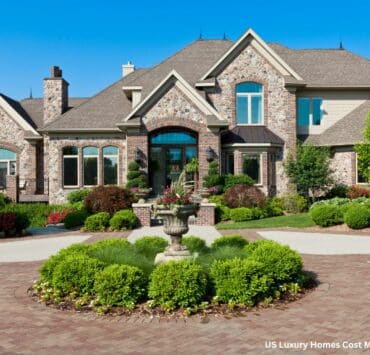As many baby boomers age, the question arises: can they be convinced to sell their large homes? While boomers own large homes remains a staple in housing market discussions, the practicality of downsizing presents several economic challenges.
Economic Considerations in Downsizing
For boomers, large homes once suited their family needs, but as empty nesters, the financial logic to downsize isn’t straightforward. High costs and limited availability of suitable smaller homes deter many. Financially, staying put often makes more sense than purchasing a pricier, smaller property.
Real-Life Example of Boomers Facing Financial Dilemmas
Sherry Murray’s situation illustrates a common financial dilemma among baby boomers considering downsizing. Although her home is fully paid for, the cost of a smaller property in her area is significantly higher, not making economic sense to move. This scenario highlights a broader issue in the housing market where smaller homes may end up costing more than larger, older ones, reflecting inefficiencies and mismatches in housing availability and affordability for the aging population.
Policy Solutions and Housing Market Trends
To address these issues, experts suggest policy interventions like subsidies for home modifications and promoting accessible housing construction. These moves could help align boomer’s housing needs with market availability, fostering better functionality as they age.
What can be done to help older adults with their housing?
- Home Modification Subsidies or Tax Credits: The government could help older adults stay in their homes by paying part of the cost of making their homes safer and more accessible, such as adding ramps or grab bars.
- Encouraging Accessible Housing Development: Policies could support the building of new homes that are easy for older adults to live in, with features like no stairs and wider doorways. This includes offering tax breaks to builders who make these homes.
Additional Solutions for Specific Situations:
- For low-income homeowners: Programs could offer them newer, smaller homes that are easier to manage.
- For homeowners in high-value areas: Different incentives might be needed because these homeowners often pay very low property taxes on high-value homes.
Zoning Changes:
- Local governments could change zoning laws to allow various types of housing in neighborhoods. This would help older adults find smaller homes in their current communities.
These steps aim to make it easier for older adults to either adapt their current homes or move to more suitable housing, contributing to a better quality of life as they age.

While boomers who own large homes continue to shape the housing landscape, encouraging them to downsize is complex. Addressing this involves understanding the economic disincentives and modifying housing policies to better meet the needs of aging homeowners.
Related posts:
 Affordable Rental Provider Repays $710K to Arlington County
Affordable Rental Provider Repays $710K to Arlington County
 Decline in Home Prices: Anticipating a Shift in 2024
Decline in Home Prices: Anticipating a Shift in 2024
 Maryland Governor Legislative Agenda: Military Families, Housing, and Public Safety in 2024
Maryland Governor Legislative Agenda: Military Families, Housing, and Public Safety in 2024
 Nashville’s Zoning Bills for Middle-Income Housing Spark Contentious Debate
Nashville’s Zoning Bills for Middle-Income Housing Spark Contentious Debate
 New York’s Affordable Housing: Innovative Solutions Without Tax Hikes
New York’s Affordable Housing: Innovative Solutions Without Tax Hikes





